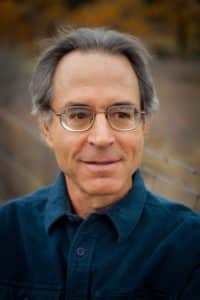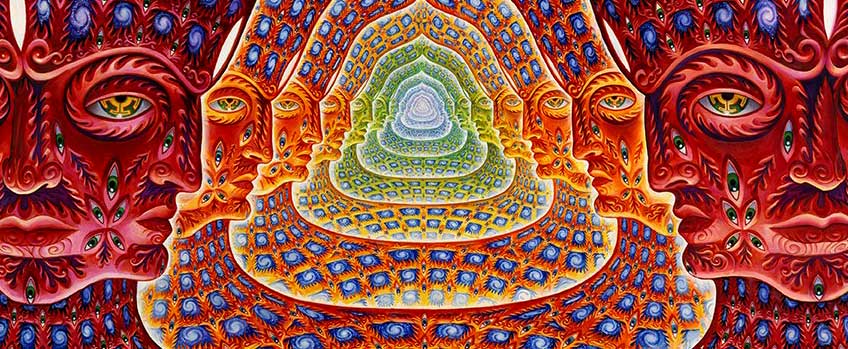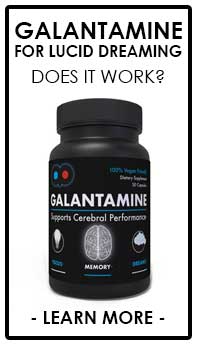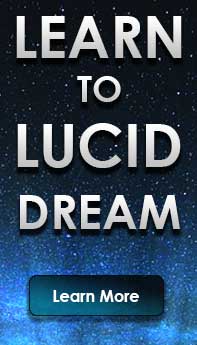Rick Strassman’s DMT and the Soul of Prophecy
What is a spiritual experience? Is it something random and profound, or something similar to the induced altered states one might find themselves in after taking psychedelics? When it comes to psychedelics and the experiences that surround them, we often find that they are regarded with one of two perspectives. That of the traditional entheogenic user who is seeking a spiritual experience or enlightenment of some kind, and one with a more recreational users outlook who may consider the experience to be mere hallucinations caused by visual and auditory stimulation. However, author and psychiatrist Rick Strassman has an even more fascinating and in-depth interest in the substances and the experiences that accompany them. Strassman discusses his unique perspective and his extensive research in a recent interview he did for Taileater’s Cosmic Echo Podcast : DMT and the Soul of Prophecy with Dr. Rick Strassman with host Lee Adams.
 Strassman is currently working as the Associate Professor of Psychiatry at the University of New Mexico School of Medicine. He originally began his work with Psychedelics, namely DMT, in 1990 after spending some time researching melatonin and the pineal gland. Strassman remakes that the studies were a result of a longstanding interest that he had in the biology behind a spiritual experience, and psychedelics ability to recreate certain aspects of a non-drug induced spiritual experience. Experiences typically brought on by meditation, prayer or other ritualistic or spiritual practices. His studies ran from 1990 to 1995, and while he did do some work with psilocybin in his last year, he mainly focused on DMT. Strassman learned about DMT while he was doing research into the psychoactive effects of melatonin in humans. He was initially interested in melatonin because it is produced in the pineal gland, a part of the brain which he felt might be mediating certain spiritual experiences. The pineal gland is the only unpaired organ in the middle of the brain. It has long been known as a potentially spiritual organ, being associated with the location of the crown chakra. Its deep-rooted history in spiritual and mystical subtext is what made it the perfect focal point for Strassman’s interest in the biological components behind a spiritual experience.
Strassman is currently working as the Associate Professor of Psychiatry at the University of New Mexico School of Medicine. He originally began his work with Psychedelics, namely DMT, in 1990 after spending some time researching melatonin and the pineal gland. Strassman remakes that the studies were a result of a longstanding interest that he had in the biology behind a spiritual experience, and psychedelics ability to recreate certain aspects of a non-drug induced spiritual experience. Experiences typically brought on by meditation, prayer or other ritualistic or spiritual practices. His studies ran from 1990 to 1995, and while he did do some work with psilocybin in his last year, he mainly focused on DMT. Strassman learned about DMT while he was doing research into the psychoactive effects of melatonin in humans. He was initially interested in melatonin because it is produced in the pineal gland, a part of the brain which he felt might be mediating certain spiritual experiences. The pineal gland is the only unpaired organ in the middle of the brain. It has long been known as a potentially spiritual organ, being associated with the location of the crown chakra. Its deep-rooted history in spiritual and mystical subtext is what made it the perfect focal point for Strassman’s interest in the biological components behind a spiritual experience.
When asked what it was that for Strassman personally that interested or drove him to research these sorts of experiences, he admits that his interest in altered states of mind stems from his learned ability to dissociate at a young age. Strassman stays that he has always been interested in “weird states of consciousness that didn’t involve an immediate relationship with the outside world.” (10:30 minutes) It was in college that he learned how to meditate, and along with that he began to learn about Buddhism which gave him a “system of thought’ that allowed him to consider altered states seriously.
Strassman talks about the similarities one might find between a psychedelic experience and profound meditation. He emphasizes the constructed nature of reality, and how its ability to be deconstructed are apparent in both the psychedelic state and meditative traditions. He talks briefly about the Zen monastery where he trained at, saying that many of the young monks had their first enlightened states under psychedelics. This brief enlightenment is known as bodhicitta. Buddhism, not the only spirituality to be impacted by psychedelics, of course, an example of this would be the huge number of people turning to Christianity after trying LSD in the ’60s.
The DMT Studies
When Strassman began his studies with DMT in the ’90s, he went in with the expectations that his volunteers would have a sort of “white light, mystical, unitive experience” (21:00 minutes). He expected participants to experience a lack of ego, self, and consciousness. The experiences reported by the volunteers, however, did not match his expectations. He had interviewed individuals who he had known to have tried DMT in the past before he began his studies to get a sense of what to expect. All of his interviewees described an interactive, dual experience, and that there were things or beings in the DMT state that related to the user. This being was referred to as ‘The One’ and it was rare to ever merge with The One. Strassman’s volunteers however expected to merge with The One because they were meditating and had other practices that emphasized that state. The experiences they had were much more interactive and unitive than expected. The main question that drove Strassman in his studies was whether or not these drugs are pharmacologically spiritual, and through his studies, he has found that the answer to that question is no. He found that each experience was unique yet appropriate to the person experiencing it.
One example of an experience recorded during his study came from an Urban Shayman, who had always wanted to have a Shamanic death and rebirth experience of being dismembered, going to the underworld, being reconstituted and then recreating the universe in his mind, and he reported having that very experience. There was only one example of what one might consider a ‘classical religious or spiritual experience’. This experience was had by someone who was a religious studies major in college and had been seeking that sort of experience his whole life. Strassman concluded that the experiences were a manifestation of the psyche, based on the person’s beliefs and experiences they strive to have. And while the experiences may leave you open to influences it is ultimately who you are and what you want to get out to the experience that determines your experience.

After finishing his first book, he continued to look into religious traditions that focused on alternate states for development, and other spiritual states similar to that of the psychedelic state. He found in his research that the Hebrew Bible was full of prophetic experiences, and he began to wonder how different the DMT state was to the prophetic state. He began to look into the physical and biological effects to both states and found some overlap, which leads him to speculate the relations and the functions of these two similar states. Psychedelics, mainly DMT, enhance the imaginative faculty, the senses, and emotions. It makes perceptible things that are normally invisible or unknown to us. While there may be information and knowledge there it requires intellect and intent to extract it. Unlike with other psychedelic drugs, where the user is aware at almost all times of their inebriation, DMT gives the sensation of entering another state or level of objective reality which feels just as real as everyday reality. The main difference between the DMT state and the prophetic state seems to be that the prophetic state is generally either spontaneous or brought on by some sort of ritualistic practice or behavior. Unlike the psychedelic state which an individual might choose to put themselves in, the prophetic state is not generally achieved by those who have sought it out.
Strassman ends his interview reminding us that at the end of the day, the best way to get the most out your experience is by educating yourself and have the best-developed intellect that you can. The things that we read, study and think about influence us greatly, and it is what you fill your mind with that determines the outcome of your psychedelic state. If you would like to read Dr. Rick Strassman’s book or learn more about his research, you can find him at rickstrassman.com. On his website, you can find his email, as well as books and interviews that he has done. Or if you’re interested in learning more about alternate states of consciousness check out taileaters.com and indulge.
Join the Discussion
Want to discuss more about this topic and much more? Join our discussion group online and start exploring your consciousness with others like yourself
Cachet is an early 20’s freelance writer out of the US Midwest. Along with a longstanding passion for writing, she has a great interest in the psychedelics, states of consciousness and the human psyche. Her main interests are in the different dream states, and their influences on the mind, as well as alternative pharmaceutical uses for certain psychedelics.



Recent Comments